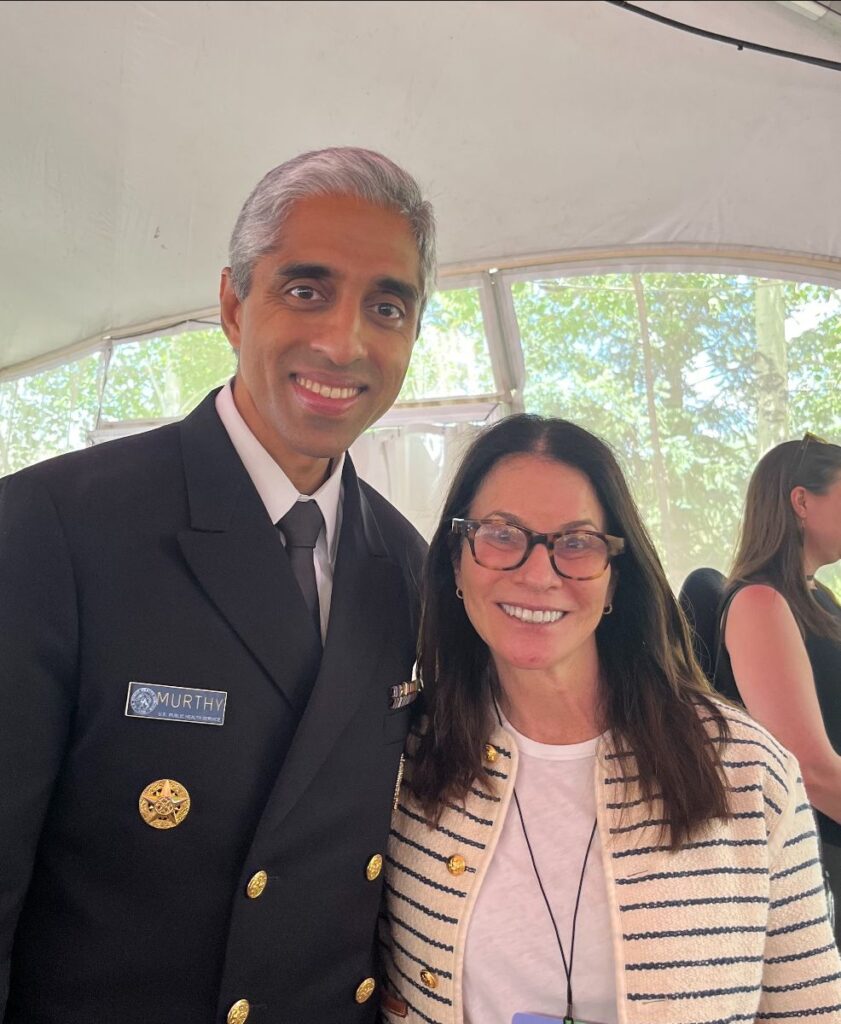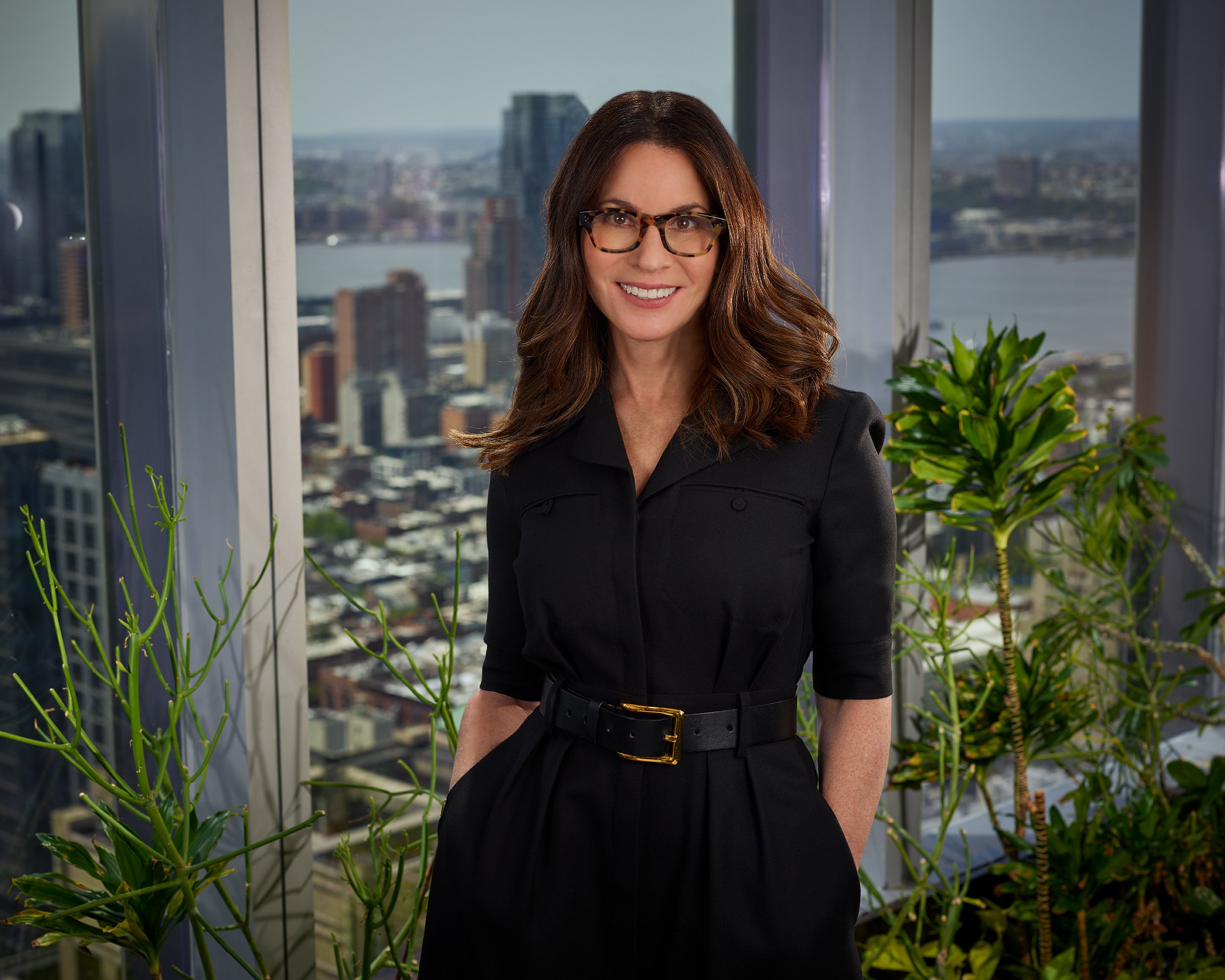Last week, at the 2024 Aspen Ideas Festival, I attended two sessions that were so oversubscribed that people were actually sitting on the floor. Surprisingly, these were not the sessions with tech guru Kara Swisher and Airbnb CEO Brian Chesky, or even the session with author Michael Lewis talking about Sam Bankman-Fried.
The standing-room-only sessions were Dr. Vivek Murthy’s, the US Surgeon General who talked about loneliness, and the session with New York Times columnist David Brooks, who facilitated a panel on happiness.

So, what’s going on?
Even with all of the amazing technology that instantly connects us with anyone and everyone all over the world, people feel more alone than ever.
Why?
Because left to our devices (pun intended!), we aren’t connecting. With others or ourselves.
Here’s the thing: connection and community don’t create themselves. We have to be intentional.
Here are three people who have some ideas about how:
– Dr. Vivek Murthy shared that one out of two people are living with loneliness, and the number is even higher for young people.
His advice: If you want to feel less lonely, focus on what he calls the “triad of fulfillment: Belonging, Purpose, and Service.” If you focus on these three things you will be healthier, happier, and you’ll be contributing to a better world.
– Kasley Killam, social scientist and author of a new book, The Art and Science of Connection believes that our “social health” is as important as our physical and mental health.
Her advice: “Social health comes not only from relationships with individuals, but also from belonging to communities.” Reflect on the strength of those relationships, how satisfied you are with them, and what you can do to improve them. Her book includes a very handy spreadsheet to actually write down and develop a strategy to improve your social health. The key is intentionality!
– Deepti Doshi, Co-Director of New_ Public talked about how loneliness is connected to trust, how we are in a crisis of trust, and how most people don’t have a sense of belonging. In fact, only 19% of Gen Z trust their neighbors vs. 50% of Boomers.
Her advice: Identify community stewards. We need people in our neighborhoods (and in our companies and organizations) whose job it is to curate connection. And, getting to really know someone builds trust. Either BE the community steward in your neighborhood, family, or office or find one!
So, what do these wise ones all have in common?
They know the ROI of human connection, and they don’t leave it to chance.
In other words, they’re great human leaders.
7/2/24

